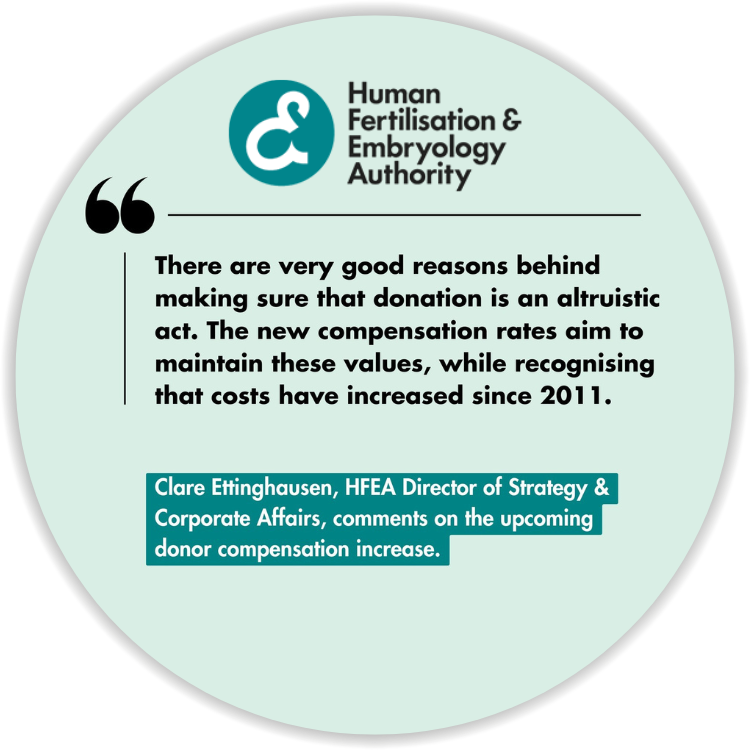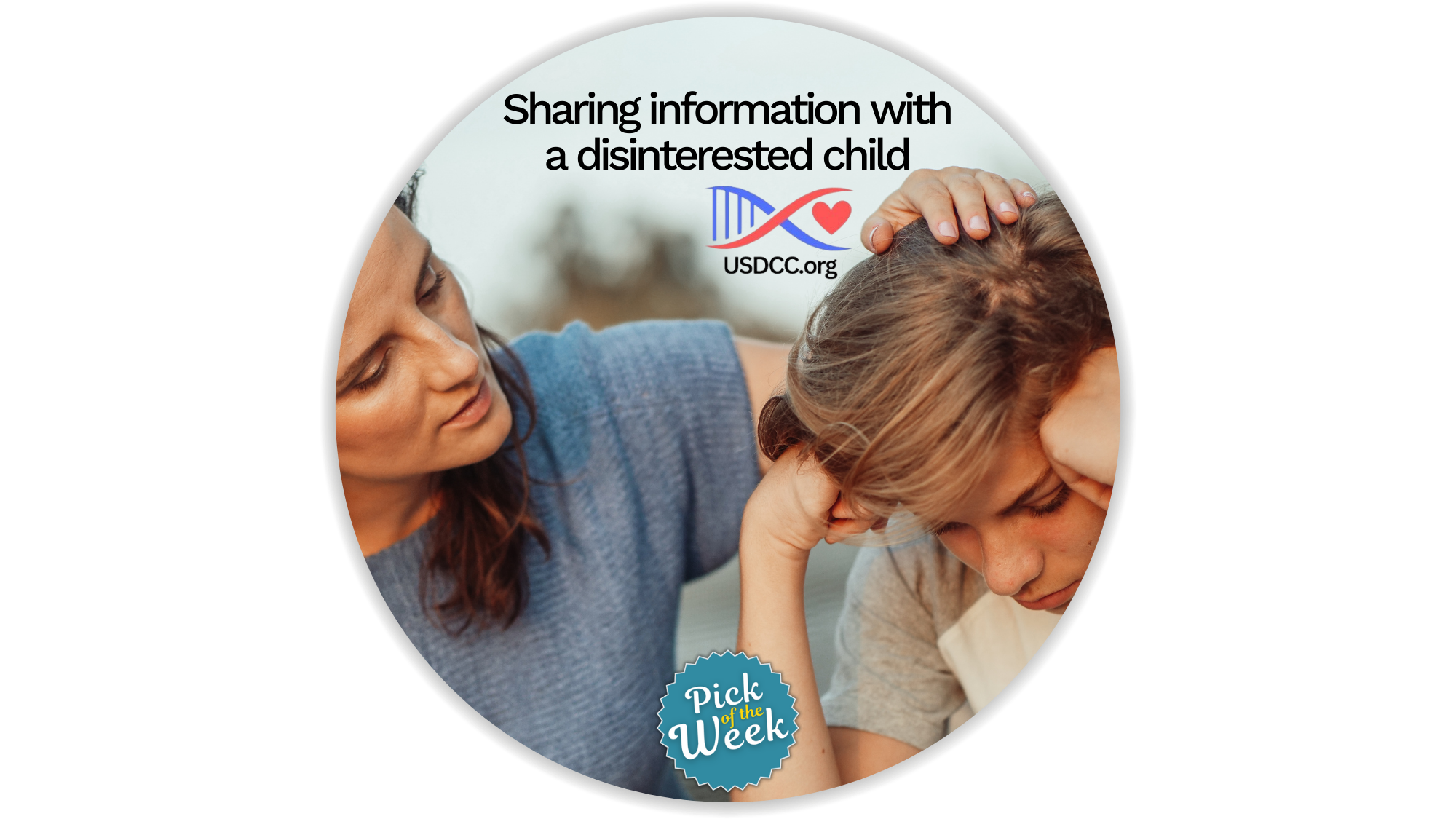In October, the HFEA announced changes to the compensation paid by clinics and banks to egg and sperm donors. On 1 October 2024, that increased from £750 and £35 per donation respectively, to £985 and £45. The decision was made in light of the fact that the original fees were first introduced way back in 2011 and hadn’t kept in line with inflation, not to mention the general increase in the cost of living.The fees needed an update but it did make me think about the change that happened in the UK in 2011.
Prior to 2011, donors were only reimbursed for their expenses, which covered costs like travel and medical appointments and could include loss of earnings for days taken off work. These could be itemised in detail or grouped together in a bundle, but the expectation was that they would only include things the person had actually paid for. It was designed to ensure they weren’t in any way out of pocket for making their donation.
This model worked but there was pressure from clinics to both simplify and clarify things. Did a donor really need to itemise and give receipts for every bus fare, for example, and precisely what expenses could and could not be included? Clinics wanted to add an amount that went towards the time and effort that a donor dedicated to the process. For egg donors, the process is long and intrusive, and clinics wanted a fee to acknowledge that. Interestingly, in the responses to the consultation the HFEA did at the time there didn’t seem to be a call for this from the donors themselves.
In 2011, it was suggested that clinics should offer a single rounded sum – compensation – that could be used to cover both expenses and some recognition of the donor’s time and effort all in one fee. The compensation amount was meant to be attractive enough to make sure donors weren’t out of pocket and felt valued, but not so attractive that it might be seen as acting as an incentive.
However, despite not wanting any ‘incentives’, increasing the number of donors was definitely at the back of everyone’s mind as part of the rationale for fixing a specific ‘fee’ or compensation amount. The demand for egg and sperm donors has increased considerably over the last 15-20 years. This is for a range of reasons including more couples seeking fertility treatments and the growth of single parents and same-sex couples having children and needing ‘additional’ gametes to form their families.
But despite the fact that supply has been going up year on year (we have more donors) it has never matched the needs on the growing demand side. Patients want more donors, to shorten wait lists and offer them more choice, and clinics want to make it as positive and easy as possible for people who want to donate to do so. Moving from expenses to compensation was seen as one way of doing that.
But it was a move away from the pure ‘donation’ of an expenses-only model. Even the headlines in the newspapers describe the money as a payment, adding to the perception that it covers more than direct expenses incurred and, linguistically at least, making the process sound less altruistic in its nature.
2011 saw a shift in the language and the payment model in the UK. The announcement this year about the new fees reminded people of that and brought the topic back to the table. There was always a worry that a fee, detached from quantified expenses, might act as an incentive. That’s particularly true for young women and those for whom £985 might represent a considerable sum.
Of course, being a donor in the UK requires considerable commitment. Lots of donors who come forward don’t continue with the process once they understand what’s actually involved. We’ll be relying on the UK clinics and counsellors to educate potential donors about the responsibility they’re taking on and provide counselling to help them think it through. This should reassure patients (and donors and the general public) that they are screening potential donors to ensure they are motivated primarily by an act of donation, and understand the long-term implications of that action, despite the payments that are attached and the use of the word compensation for their efforts.
By Nina Barnsley, 1 November 2024.
Further reading:
Bionews article (13 May 2024)
https://www.progress.org.uk/changes-to-uk-egg-donor-compensation-what-will-be-the-impact/
HFEA announcement (1 October 2024)
https://www.hfea.gov.uk/about-us/our-blog/our-director-of-strategy-and-corporate-affairs-clare-ettinghausen-comments-on-the-upcoming-donor-compensation-increase/
The Guardian on previous compensation increases (from 2011)
https://www.theguardian.com/society/2011/oct/19/egg-sperm-donors-more-compensation
The BBC (from 2011)
https://www.bbc.co.uk/news/health-15356148



